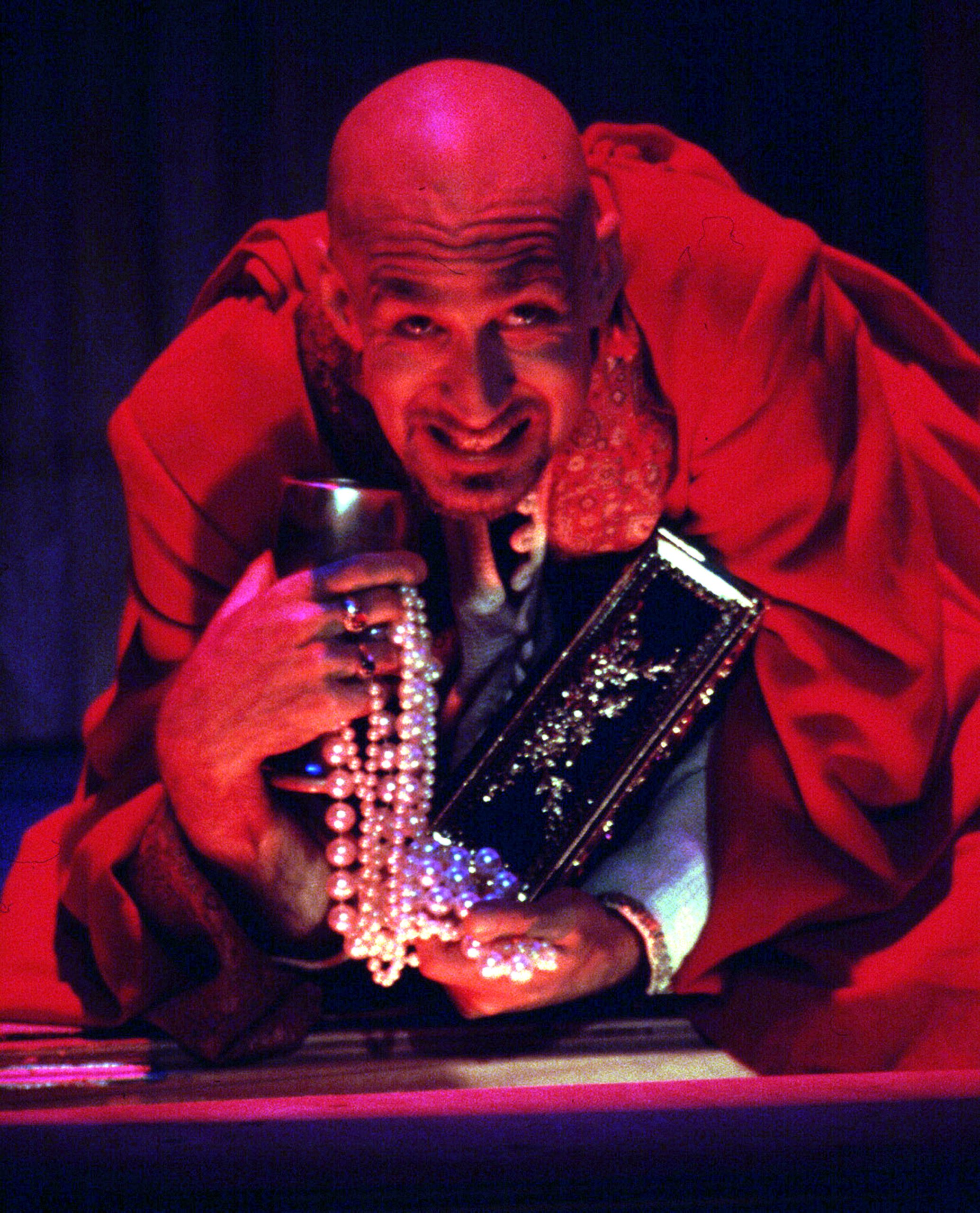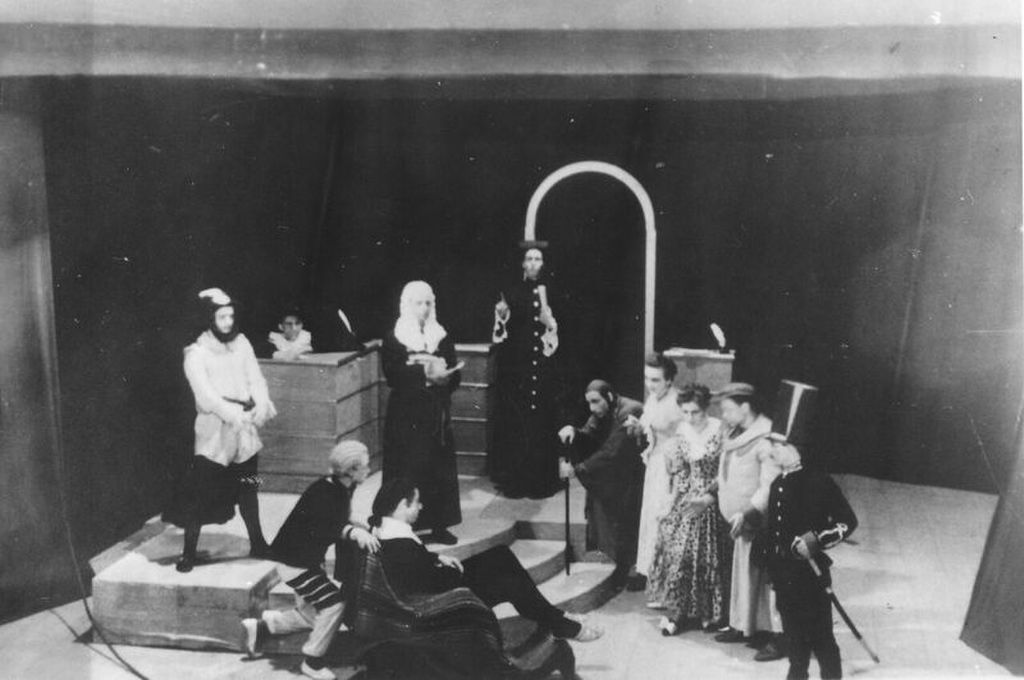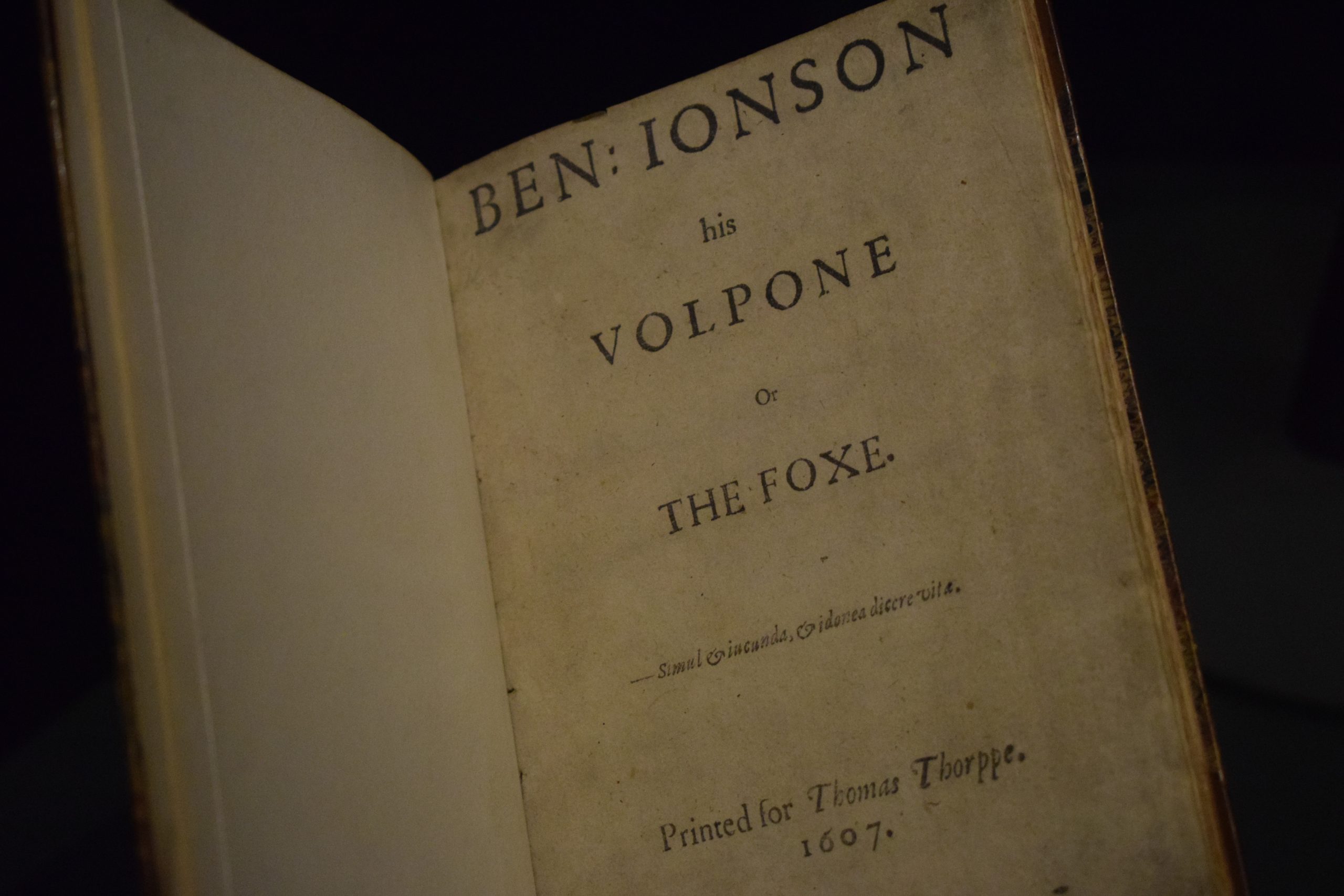Chapter Seven: Assignments and Readings
The level of complexity ranges from Assignment 1 to Assignment 3. Recommended articles follow.



Born in 1572, Ben Jonson rejected his father’s bricklaying trade and ran away from his apprenticeship to join the army. He returned to England in 1592, working as an actor and playwright. In 1598, he was tried for murder after killing another actor in a duel over the play The Isle of Dogs (1597) with Thomas Nashe, and was briefly imprisoned, One of his first plays, Every Man Out of His Humor (1599) had fellow playwright William Shakespeare as a cast member. His success grew with such works as Volpone (1605) and The Alchemist (1610). He is considered a very fine Elizabethan poet. Ben Jonson is regarded as the second most important English dramatist, after Shakespeare. Volpone whilst being a satirical comedy can be considered a beast play, as all the principle characters are people, but have animal names and display characteristics of the animals they represent. Jonson was a Renaissance dramatist and poet and was concerned with classical precedent. In 1597, while in prison, he converted to Catholicism. In Volpone, the unities of time and place are observed, but the action is complicated by a subplot.
ASSIGNMENT 1: CLOSE-READING EXERCISE ON ALLEGORY IN VOLPONE
GOAL: 1) To show close reading skills and work with key passages from Volpone to identify allegorical elements. 2) To build a) critical reading and thinking skills and b) an understanding of allegory in drama. 3) This short writing activity builds on critical reading and thinking skills to succeed in the learning process of interpreting a piece of literature with theoretical approaches.
INSTRUCTIONS: Work with quote below to identify characteristics of allegory in Jonson’s drama. On Celia, “Good sir, these might move a mind affected/With such delights; but I whose innocence/Is all I can think wealthy, or worth th’ enjoying,/And which once lost, I have nought to lose beyond its, / Cannot be taken with these sensual baits” (III.vii, 206-210).
ASSIGNMENT 2: CLOSE READING EXERCISE ON CHARACTER IN VOLPONE
GOAL: A) To show close reading skills with key passages from Volpone. B) To identify its allegorical elements on characters 1) To build critical reading, thinking skills, and understand allegorical elements. And, 2) This short writing activity builds on critical reading and thinking skills to succeed in the learning process of ‘interpreting’ a piece of literature with theoretical approaches.
INSTRUCTIONS: Work with the two quotes below. In writing identify the allegorical characteristics in Jonon’s drama. Then, explain how both passages allude to Aesop’s Fables and the animal fable. Explain your insight on the role of allegory in Volpone; Or the Fox.
“…vulture, kite, Raven, and gor-crow, all my birds of prey, / That think me turning carcass, now they come. / I am not for ‘em yet” (I.ii,89-92).
“Stretched on the earth, with fine delusive sleighs, / Mocking a gaping crow” (I.ii, 95-97).
ASSIGNMENT 3: COMPARATIVE LITERATURE – AESOP’S FABLES & VOLPONE
GOAL: Refer to Aesop’s Fable “The Fox and the Crow.” This short writing activity builds on critical reading and thinking skills to succeed in the learning process of ‘interpreting’ a piece of literature with theoretical approaches.
INSTRUCTIONS: Compare the ‘lesson’ to the character of Volpone and one of the characters who is tricked in Jonson’s Volpone; Or the Fox.
The Fox and the Crow
A Crow having stolen a bit of meat, perched in a tree and held it in her beak. A Fox, seeing this, longed to possess the meat himself, and by a wily stratagem succeeded. “How handsome is the Crow,” he exclaimed, “in the beauty of her shape and in the fairness of her complexion! Oh, if her voice were only equal to her beauty, she would deservedly be considered the Queen of Birds!” This he said deceitfully; but the Crow, anxious to refute the reflection cast upon her voice, set up a loud caw and dropped the flesh. The Fox quickly picked it up, and thus addressed the Crow: “My good Crow, your voice is right enough, but your wit is wanting.”
RECOMMENDED RESOURCES ON ECOCRITICISM
- Ben Johnson’s Volpone
- Cambridge on Ben Jonson’s “Volpone”
- OER Source on Elizabethan Theater
- OER on “Volpone” by Ben Jonson
- OER On Ben Jonson’s poetry
- OER Source on “Volpone” & Gender
- On “Volpone” & analysis
- Reference on Sor Juana de la Cruz’s allegory
- OER On Good & Evil, as Machiavellian
- OER “Volpone” by Ben Jonson, 1595
Media Attributions
- Ben_Jonson,_Volpone,_Dramatično_društvo_Ptuj_1940 © Wikipedia is licensed under a CC0 (Creative Commons Zero) license
unities, according to Aristotle’s Poetics (350 B.C.E.) addresses the timeline of a Greek theatrical work. Visit Key Terms for more details: *Aristotelian unities.

